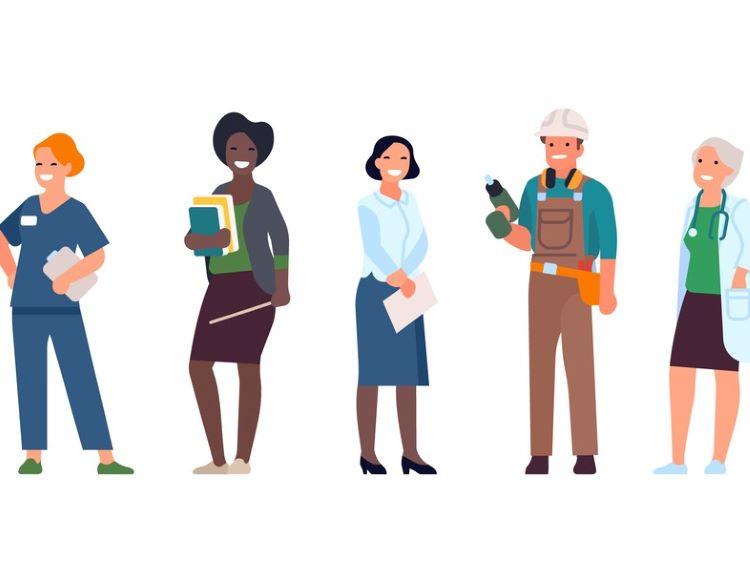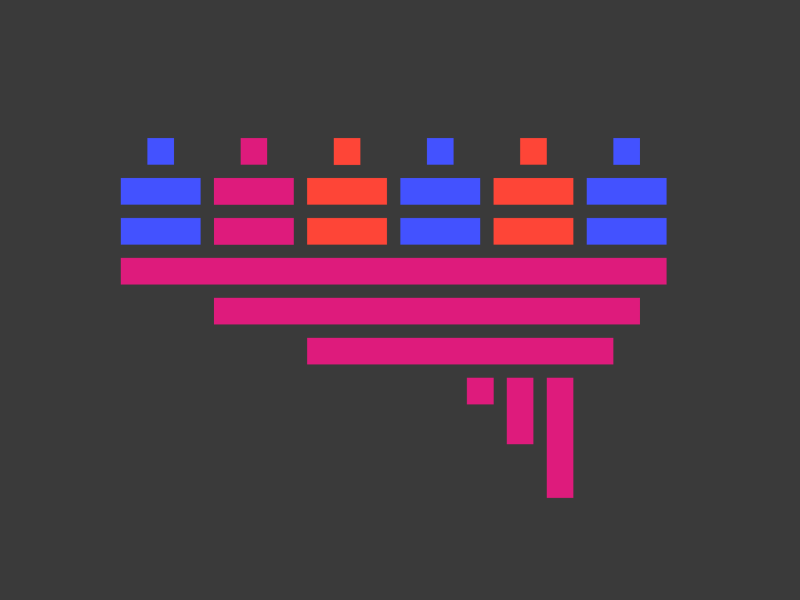
Developing student employability within universities

The goal for most students seeking higher education is to boost their success in the future job market. Through university degrees, students can achieve both hard technical or professional skills and soft people-facing communication skills required to succeed in the workplace.
Higher education institutions that closely observe evolving trends in industry will have a better understanding of what current and future employers are looking for in graduates, benefiting current and future students. Based on this, here are some actions all institutions should take to prepare their students for life after the pandemic.
- Students as reflective practitioners: a personal development journey
- How to develop partnerships that offer students real-world learning experiences
- Preparing students for an uncertain future through career planning
Pedagogies for 21st-century skills
Teaching the core principles and theories of a given specialism is not enough to prepare graduates for a changing global workplace that is digital and disruptive. This requires a university curriculum that focuses on outcomes such as transferable future skills and facilitating student choice. For this, universities need to use pedagogies such as:
- experiential learning
- work-related learning goals
- good curriculum alignment.
Experiential learning
Students learn better by doing than by being told what to do. So give all students opportunities to tackle real-world problems and work through case studies, both individually and in groups.
Where possible and relevant, offer students real industry experience. This can be done through cooperative education programmes, in which students spend one semester working for a business under the supervision of academic advisers from their institution and job supervisors from the company. Institutions must prepare students with the basic skills they will need to execute these roles ahead of their placements – this will vary across different sectors and businesses, so universities should work closely with employers to understand their requirements.
For the first few weeks of Siam University’s cooperative education course, students attend lectures by employers and senior managers from industry sharing their experiences and describing how they achieved the skills needed.
After completing the cooperative education element, students submit a report and do a presentation describing what they have learned and detailing their accomplishments and their personal growth. This is one of the best ways to prepare students to engage in the business world and to create a strong relationships between students and future employers.
Our cooperative education programme helps both Thai and international students gain insight into diverse work cultures and to see how employers are adapting to changing demands. During the pandemic, many of these placements were run virtually with the support of effective technologies such as Moodle and integrated with the web conferencing system BigBlueButton.
Work-related learning goals
During students’ cooperative work placements, academic advisers must work closely with the job supervisors to agree work-related learning goals for the students such as building strong networks, finding ways to empower and mobilise younger populations and applying creative and critical thinking to reach solutions. Academic advisers can collect data about what job supervisors or employers expect from their students, which helps to inform their curricula and teaching. Job supervisors will examine if students achieve learning goals set and offer feedback on their strengths and weaknesses. Some students may be invited to take up full-time roles within the companies after graduation.
Good curriculum alignment
Curricula need to focus on 21st-century skills that will help graduates thrive in the future workplace, such as creative thinking, resilience and adaptability. In line with this, we are changing our curriculum to an outcome-based modular system in which students have freedom to choose what they want to learn regardless of their academic major.
By linking with massive open online course (Mooc) providers, universities can provide students with a wealth of additional learning resources and networking tools that sit outside their learning management system. These should be offered to students to supplement their learning. For instance, lecturers could ask students to complete a bite-sized course before their class so they can engage in a discussion of key topics during the live class itself.
Our university’s open education platform gives all our students access to online classes and courses conducted by top professors around the world. Any course credits students obtain from these online courses can be transferred back to Siam University. Teaching and learning on campus is largely conducted in hybrid mode so students can study from anywhere.
Higher education institutions should look at where skills demand is growing to prepare themselves to train graduates in these fields, as well as engaging in relevant research for the benefit of all.
Yhing Sawheny is deputy director of international affairs, Siam University.
If you found this interesting and want advice and insight from academics and university staff delivered directly to your inbox each week, sign up for the THE Campus newsletter.


